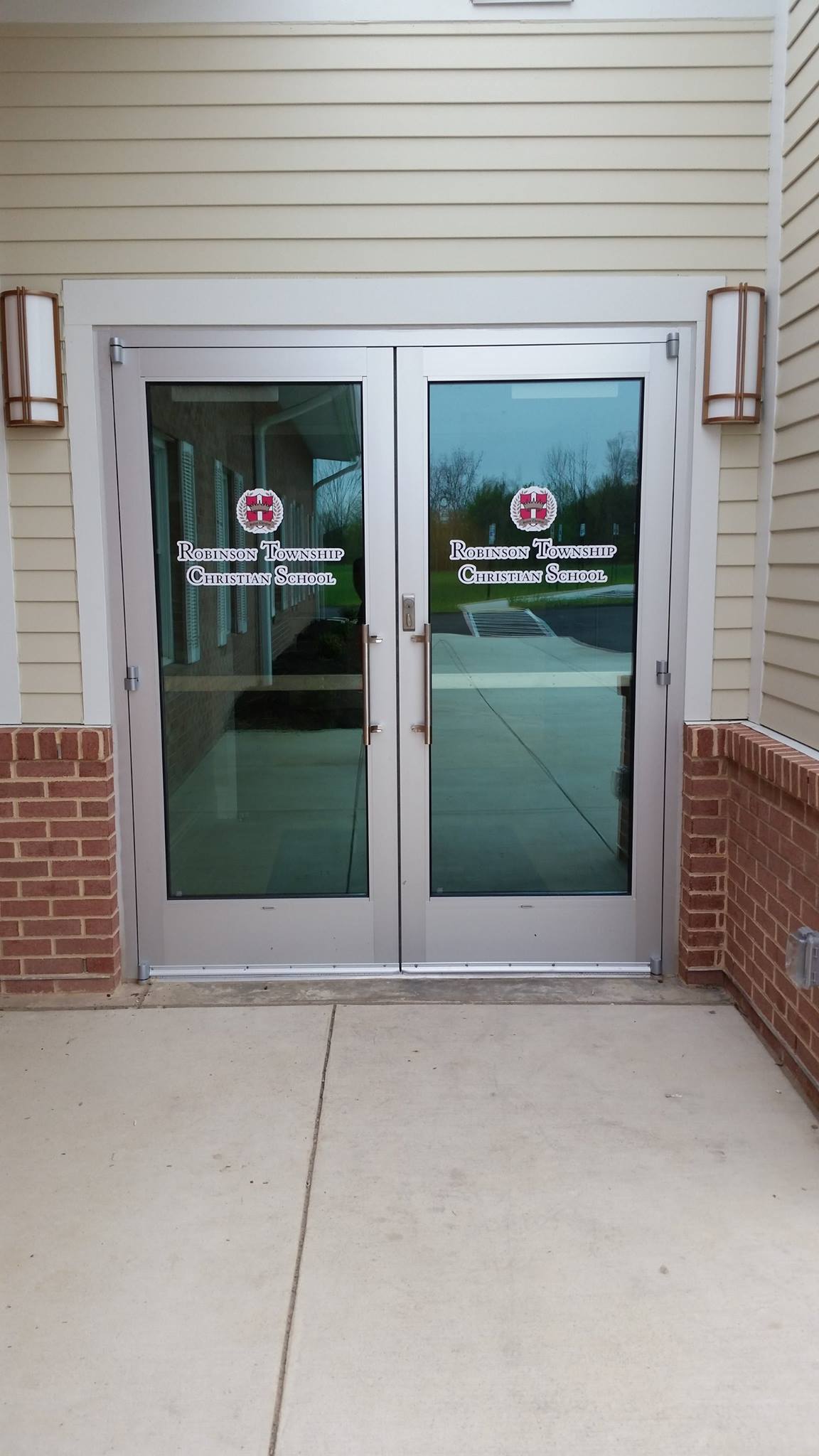 By Abby Jackson, Classical Studies & Latin Teacher, Robinson Township Christian School
By Abby Jackson, Classical Studies & Latin Teacher, Robinson Township Christian SchoolClassical education is increasingly popular. More and more private schools and homeschools are advertising their classical approach to learning. But what is a classical education? How does it differ from other educational practices?
Dorothy Sayers, author and friend of C.S. Lewis and J.R.R. Tolkien, presents an idea for a modern classical education in her essay “The Lost Tools of Learning.” Because the consumer isn’t equipped to logically consider the onslaught of “mass propaganda,” she fears that the average person is susceptible to its influence. Today, we are “unarmed, in a day when armor was never so necessary.”
In 1 Thessalonians, Paul supports this idea when he exhorts his readers to “test everything; hold fast to what is good.” Schools that have adopted the Sayers model, such as Robinson Township Christian School (RTCS), reinstitute what Sayers’ “lost tools of learning,” namely grammar, dialectic, and rhetoric. These “tools” are ways of teaching students through developmental stages. Classical education uses the strengths of each age to battle and defend against the onslaught of undigested opinions.
Grammar: Young children love to learn and recite stories, facts, and songs. Teaching a child in this stage is mainly encouraging them to memorize things such as verses, multiplication tables, scientific facts, and rhymes to be used as stepping stones in other stages. Educators are giving the young learner an inclination towards good before they have the maturity of mind to reason their way to it.
Dialectic: This stage begins around middle school, when a student begins flexing more argumentative muscles. With the introduction of informal and formal logic, the student is given the means to deconstruct an argument and build their own. They are taught to recognize fallacies and inconsistencies and, most importantly, to argue respectfully. They use their new analytical skills in more complicated mathematics, literature, and essay writing.
Rhetoric: The classical model enourages self-expression at this time when teenagers are feeling misunderstood. They have been given the facts and taught the rules of logic and debate, now they are instructed in public speaking. Following the dialectic’s harsh and unforgiving fist, rhetoric is a persuading open hand. At RTCS the capstone of this stage is Senior Thesis, wherein the student publicly presents and defends a thesis before a panel of judges.
Sayers writes, “the sole true end of education is simply this: to teach students how to learn for themselves; and whatever instruction fails to do this is effort spent in vain.” When properly applied, students of classical education graduate ready to test the deluge of opinions they encounter, refuting the bad and holding fast to what is good.
